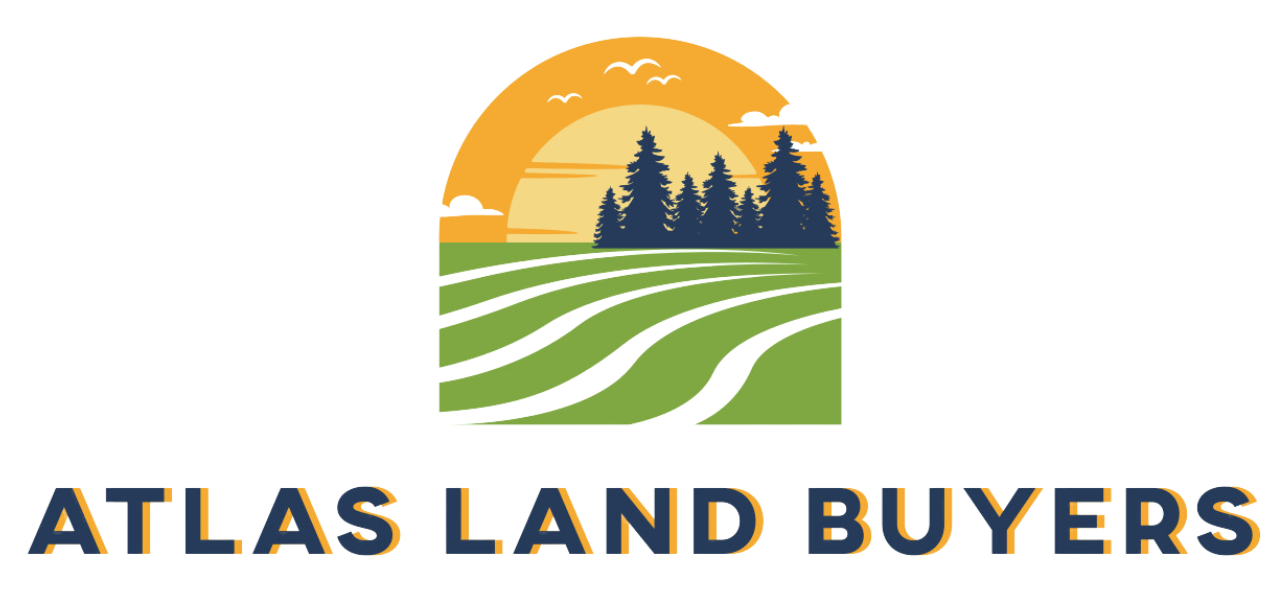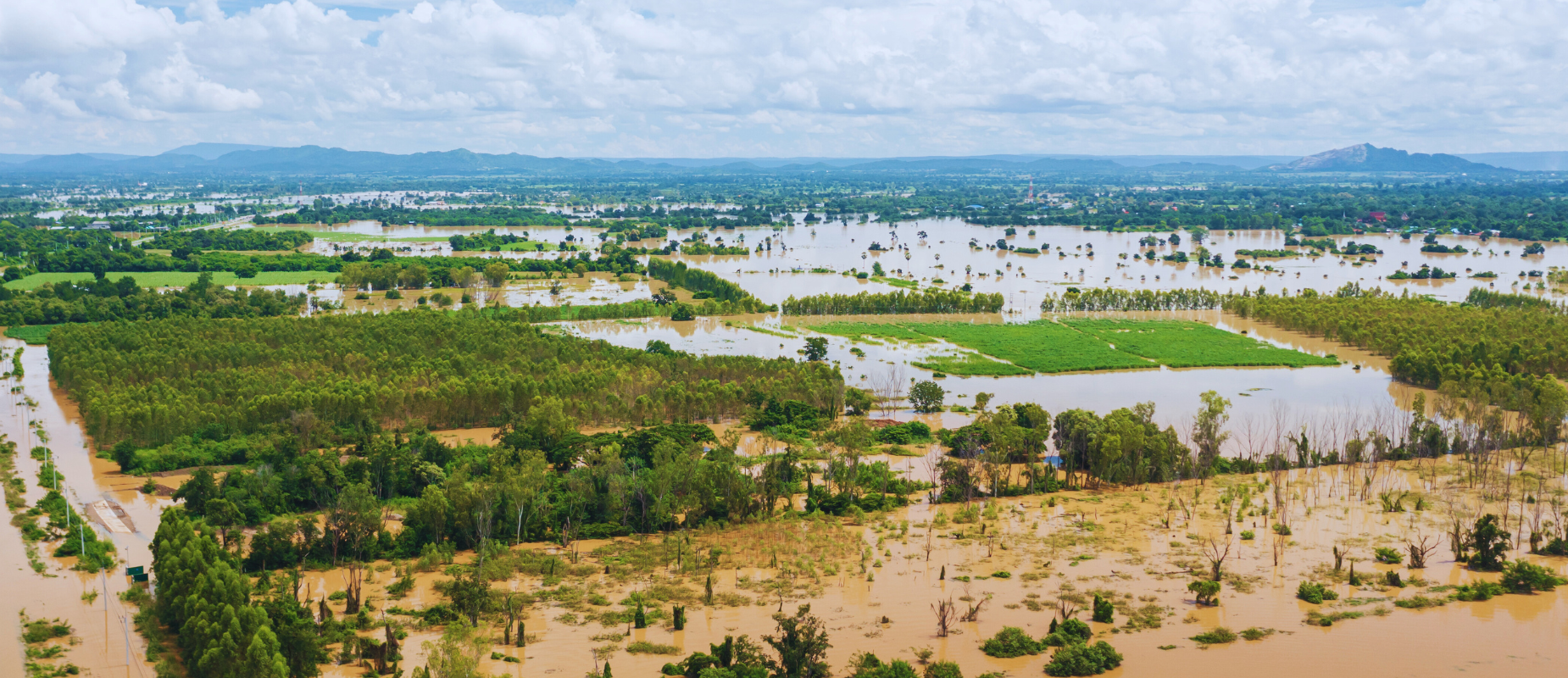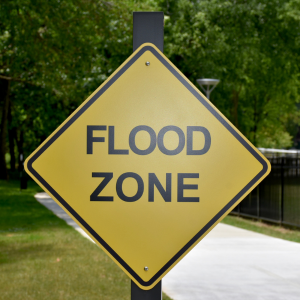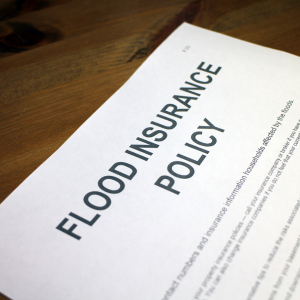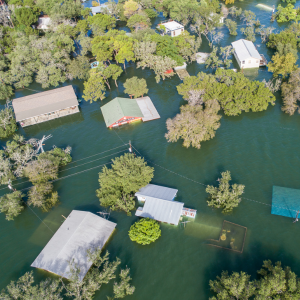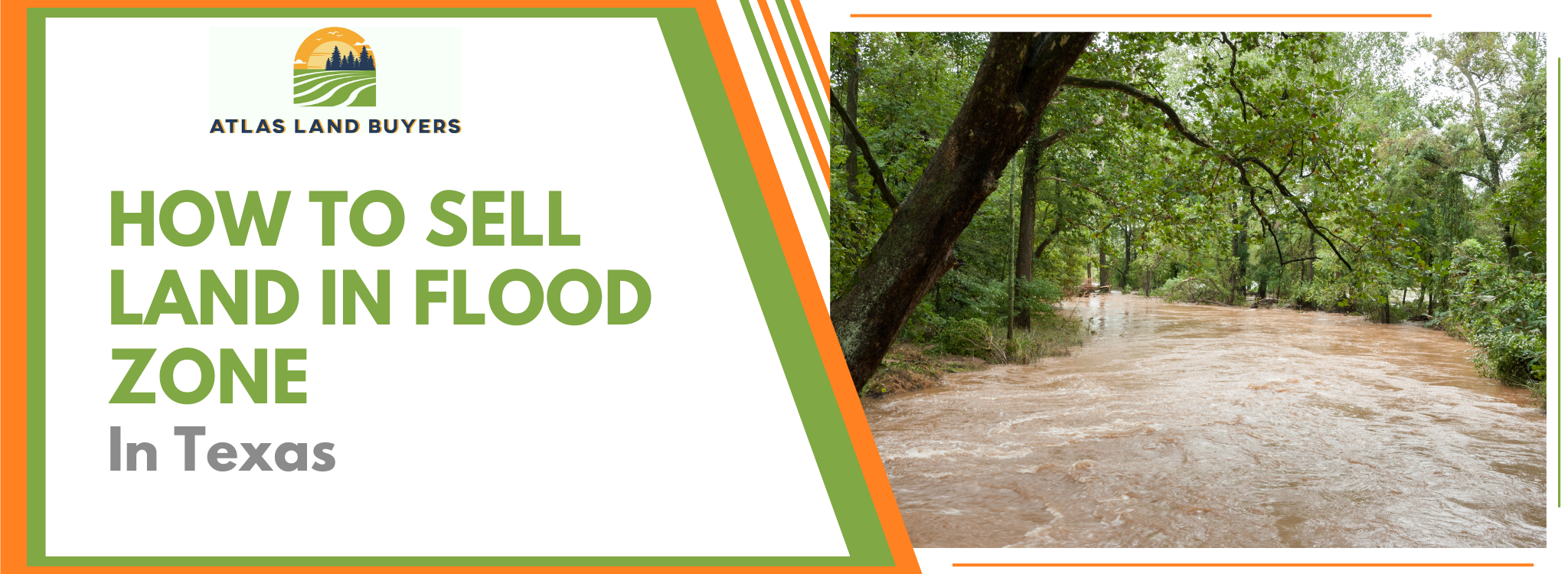
Enhancing Property Appeal in Flood Zones
What Are Practical Modifications to Increase Land Usability?
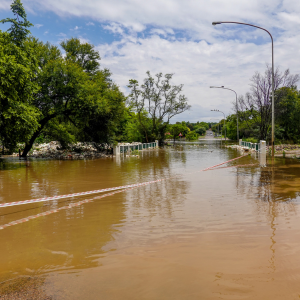
Making land in flood zones more usable requires smart mitigation strategies to reduce flood risks. Here are some methods to enhance land usability:
- Elevation: Flood waters can be kept at bay by raise structures or building to a certain level above flood prone areas.
- Drainage Improvement: Over-saturated, flooding-prone areas can be alleviated by building more effective drainage solutions like basins and swales.
- Permeable Surfaces: Driveways, pathways, and other areas can be composed of water-permeable and absorbent materials.
- Landscaping: Specially tailored flood-resistant plants and trees can be incorporated to help combat soil erosion and flood waters.
These enhancements not only improve property usability but also encourage responsible floodplain development.
How to Highlight Environmental Benefits When Marketing Flood Zone Properties?
Focusing on environmental benefits can attract buyers when selling properties in flood zones. Here’s how to showcase these perks:
- Biodiversity: A number of flood zones are known to be rich in wildlife, allowing buyers to enjoy wildlife protection.
- Sustainability: Homes constructed with the appropriate green technologies and sustainable materials attract buyers with an eco-conscious philosophy.
- Floodplain Management: This enhances the argument and importance of good floodplain management for ecological benefits. This can create long-term value for a property.
With these environmental advantages in mind, sellers can target buyers interested in sustainable living.
What Role Does Financial Incentive Play in Selling Flood Zone Land?
Buyers dealing with risks and concerns over flood zone land could benefit from some financial incentives.
- Reduced Pricing: Alleviating fears associated with the location challenges can be achieved by offering lower prices.
- Flood Zone Financing Options: Purchasers dealing with financial risks can be assisted through specialized loans or insurance for flood areas.
- Risk Reduction Discounts: Providing incentives for the implementation of flood prevention measures, such as improved drainage or elevated construction, can motivate purchase.
With these financial approaches, buyer confidence can be boosted and the attractiveness of properties in flood zones enhanced. For assistance, consider experts such as Atlas Land Buyers, who understand how to navigate these unique challenges.
Navigating Regulatory Challenges in Flood Zones
How Do Zoning Laws Affect Property Sales in Flood Zones?

In Texas, zoning laws have a considerable influence on what can be done with real estate in flood zones. These regulations mitigate safety hazards from floods. It is equally important to be aware of flood zone regulations when intending to buy or sell such real estate. These regulations determine the extent of land use, types of construction to be erected, and to some extent, the value of the property.
For effective property dealings, one must have an understanding of the local floodplain management regulations. Compliance with the local, state, and federal legal requirements increases the likelihood of a property transaction’s success. To overcome such issues, real estate experts and local planners with deep knowledge of Texas real estate are highly recommended, as suggested by Atlas Land Buyers.
What Are the Permitting Processes for Developing Flood Zone Land in Texas?
Developing land in Texas’s flood zones comes with strict permitting procedures to mitigate potential flooding. In Texas, obtaining a floodplain development permit is a multi-step process. You begin by examining your property’s location with FEMA floodplain maps. This step helps you gauge what construction regulations apply to your project.
Regulatory bodies ensure the outlined steps for the development process are followed for safety and environmental reasons. Construction often requires permits from the local government, which in most cases means submitting comprehensive diagrams and ensuring compliance with all outlined protocols. Developers must partner with consultants familiar with these regulations so as to align with Texas’s stringent floodplain management policies.
Which Regulatory Agencies Oversee Flood Zone Land Transactions?
Several regulatory agencies oversee land transactions in flood zones to ensure compliance with different rules. The Federal Emergency Management Agency (FEMA) plays a key role by providing updated floodplain maps and setting guidelines for flood risk management. Their oversight helps communities prepare for floods and affects how properties are bought and sold.
Texas floodplain management authorities work with FEMA and other regulatory bodies to enforce laws affecting flood zone land transactions. Following these rules protects property investments and promotes sustainable development, benefiting the community. Buyers and sellers should know these regulations to make smart choices about flood zone properties.
Understanding Buyer Behavior in Texas Flood Zones
What Concerns Do Buyers Have About Purchasing Flood Zone Property?
Buyers often worry about flooding risks when considering buying a property in a flood zone. They are concerned about how flooding might affect their finances, including the need for insurance and other ongoing costs. Buyers want clear information on the property’s flood history and any disclosures that could impact their decision. Understanding these concerns is important for addressing what might make buyers hesitant.
How to Effectively Communicate Flood Risk to Potential Buyers?

Real estate professionals should communicate flood risk well by giving clear and honest information to buyers. They need to know how to use floodplain maps and be ready to share this information. Being open about flood risk helps build trust and lets buyers make informed choices. Talking about mitigation strategies, like elevation certificates or flood-resistant buildings, can show how risks are managed. Sharing this knowledge helps buyers feel more confident in their decisions.
What Financing Options Are Available for Buying Flood Zone Land?
Buying land in a flood zone means looking into different financing options. Some lenders offer special mortgages for high-risk areas, considering the unique insurance needs and costs. Buyers should look for flexible lenders with deals that include flood insurance. Educating buyers about these financing options can help them manage the financial risks of investing in flood zone properties.
This information applies to Texas and its cities like Dallas, Fort Worth, Houston, and more. For help or questions, call us at (469) 564-8540. You can also visit our website at Atlas Land Buyers for more details.
FAQs:
What are the legal considerations when selling land in a Texas flood zone?
You must know about local zoning laws and floodplain rules when selling land in a Texas flood zone. You must also tell buyers about past floods as part of Texas’s disclosure rules. A real estate professional with flood zone experience can help you handle these details.
How can I assess the value of my property in a flood zone?
To determine your property’s worth, consider its flood zone status and ways to lower flood risk. Hire an appraiser who is knowledgeable about flood zones for a realistic market analysis. Consider things like floodway management and how environmental effects impact value.
What steps should I take to prepare my flood zone land for sale?
Get your land ready by learning local zoning rules and ensuring all permits are ready. Consider improving or modifying the land to make it less likely to flood. Make a checklist that includes flood safety measures to attract buyers and make the process easier.
How do I communicate flood risk to potential buyers?
Talk openly about flood risks. Share information about flood zone incentives, past flood events, and insurance options. Being transparent helps buyers understand what they’re getting into and builds trust.
Are there specific marketing strategies for selling flood zone land in Texas?
Yes, there are special marketing strategies you can use. Emphasize any flood safety efforts you’ve made, provide advice on easements, and address community concerns about flooding. Highlight your land as a unique investment opportunity.
What role does a real estate license play in selling flood zone properties?
Real estate professionals who are licensed help guide you and connect you with buyers interested in flood zone properties. They ensure everything is legal and help manage the sales process from start to finish. Their knowledge is valuable in showing off what makes your property special.
How do zoning laws affect selling flood zone property in Texas?
Zoning laws decide how you can sell land in a flood zone. They set limits based on water conditions. Knowing these laws helps you market your property right and clearly explain its potential to buyers.
What benefits might a cash offer bring when selling flood zone land?
Taking a cash offer can speed up the sale, giving you money quickly without dealing with banks. Cash deals usually have fewer conditions and make for a smoother sale, which is helpful with flood zone properties.
Key Insights
- Successfully selling land in flood zones in Texas means knowing specific rules and restrictions. Learn about Texas floodplain laws and zoning rules to stay legal.
- Think about ways to manage flood risks and improve the property to make it more appealing. Highlight changes like flood risk reduction and better water table management.
- Find out how much the property is worth with a flood zone property valuation. A detailed flood zone market analysis can help set a fair price.
- In your disclosure, discuss flood insurance costs and private options. Being open and describing both risks and costs builds trust with potential buyers.
- Know the legal side of selling flood-prone land. Ensure all floodplain rules are followed and inform buyers about their homework needs.
- Boost market appeal with smart marketing and highlight flood zone incentives. Show off unique features and use realtors who know flood zones well.
- Safeguard buyers by doing thorough inspections and providing flood event history. Share any important information about Texas land sales to avoid future problems.
- Address community worries and talk to local homeowners. Discuss the impacts of flooded basements and home improvements to ease concerns.
- Have backup plans for tough sales. Stay patient and keep informed about environmental impacts and Texas flood history to make good choices.
- Offer practical solutions for investing in this kind of real estate. Highlight resale challenges and creative uses to tackle the complexities of flood zone properties.
See More on How to Sell Your Texas Property
